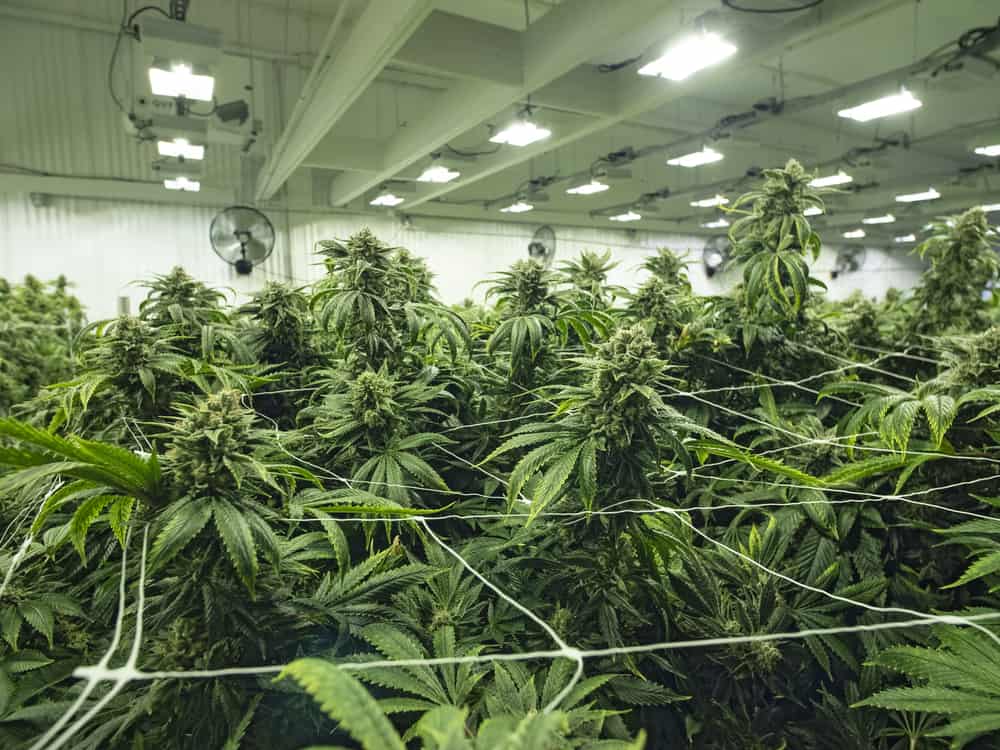Running a business is generally difficult enough. When you take the challenges of running a conventional business and mix that with complicated laws and regulations that vary from state to state, you have some insight into the unique challenges facing owners of cannabis based businesses.
Although it can be highly profitable and rewarding, running a cannabis business comes with its own set of problems to overcome.
Is it Legal?
Imagine owning a business that is legal… and it’s also illegal. Your state government is 100% behind you, your business, and the tax revenue you are generating. Meanwhile, the federal government could imprison you, your employees, and even your customers. Cannabis is still categorized as a Schedule 1 narcotic under federal law
And no that doesn’t mean the federal government has any interest in giving you back the income tax you paid in.
Hopefully, this disconnect between state and federal laws will be a thing of the past in the not too distant future.
Banking
Perhaps the most difficult challenge facing cannabis businesses is in obtaining banking, financing, and merchant services. Banks are in the business of managing risk – although the 2008 Housing Crisis might make that notion seem laughable – and most banks see the cannabis industry as too risky. That view is mostly because of the point above, the legality of it.
Federal legalization would solve this problem. In the meantime, many cannabis businesses find it difficult to even open a checking account, much less obtain financing, and very few providers are comfortable in offering merchant services to them. This has left many cannabis businesses stuck dealing in cash only. Not only is this extremely inconvenient, but it also makes the business a big target for robbery and requires additional measures to prevent internal losses.
Cryptocurrency is an option to get around the issue with merchant services, but in the United States it has not been as widely adopted as in other places of the world, and so most customers are not familiar, nor comfortable with using it.
There have been efforts to provide some relief to this problem. The federal SAFE Banking Act protects banks from any liability in dealing with cannabis businesses. It has twice passed the House with bi-partisan support, but both times it has been held up in the Senate by the Republican majority.
The Stigma
More doctors and healthcare providers support the legalization of marijuana today than ever before, especially for medical use. Support among the general public is also at an all-time high. However, there is still a large part of the population that believes cannabis and medical marijuana should be illegal.
The murky laws have forced some in the health industry to go against their own beliefs. Hospitals do not receive federal funding if they promote the use of cannabis.
This has become a big issue with the Department of Veterans Affairs. The VA will not give out cannabis, even though perhaps one of its most effective medical uses is in the treatment of post-traumatic stress disorder. PTSD is extremely common among our veterans, especially those that have served in Iraq and Afghanistan.
Gun Ownership
While the ongoing debate around gun ownership is one of the most hotly contested issues in the United States, there is one area that many members of both sides agree on.
When one purchases a firearm, there is a mandatory form issued by the federal government to be signed by the purchases. It is ATF Form 4473, titled The Firearms Transaction Record. The sale of the firearm will be denied if the purchaser indicates that they have used marijuana illegally.
Even in states where cannabis is legal, as mentioned above, it is still illegal federally.
This may not seem like a big issue for cannabis business owners, but it is a concern potentially restricting their market and reach.
Accounting
Cannabis businesses also create tax headaches. Under U.S. Treasury Section 280E, cannabis businesses are prohibited from deducting from taxable income expenses incurred in a business of trafficking in a controlled substance. Marijuana is still categorized as a Schedule I controlled substance.
That means that they cannot deduct many of their expenses such as marketing and operating costs. However, they can deduct the cost of goods sold. Cannabis farms can deduct their costs in growing their products and dispensaries can deduct their inventory acquisition costs.
Any type of advertising, rent or mortgage costs, merchant fees, etc. are not deductible. This is a huge burden to cannabis businesses. Some of them are operating with an effective tax rate of 70%.
Marijuana advocates have been fighting for some relief for business owners on this, but so far no legislation has successfully passed.
It Will Get Easier
More and more states are moving toward legalization. It’s on the ballot in Arizona, New Jersey, South Dakota, Montana, and Mississippi this November. With it already legal for medical use in the majority of the country and with public opinion overwhelmingly supporting legalization for both medical and recreational use, it’s only a matter of time before the federal government will have to start addressing these issues, if not pushing for full legalization.


